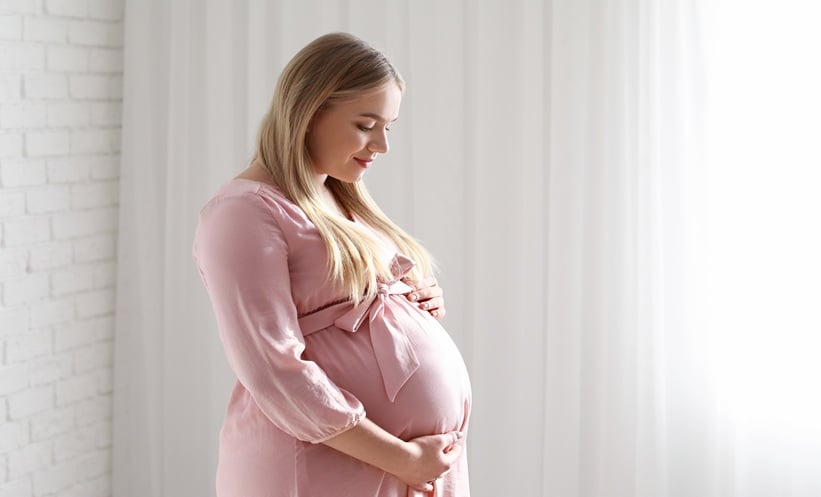WOMEN who experience severe maternal morbidity (SMM) during their first childbirth are significantly less likely to have subsequent births according to a recent study. The population-based cohort study evaluated over one million women who had their first birth between 1999 and 2021, revealing important insights into the long-term reproductive impacts of serious pregnancy complications.
The research found that women with any SMM, ranging from severe uterine rupture to cardiac complications and cerebrovascular accidents, had a 24% lower incidence rate of subsequent births compared to those without SMM in their first delivery. Specific conditions like cardiac complications and severe mental health disorders following childbirth were associated with the sharpest decline in the likelihood of having another child.
The study utilised Sweden’s comprehensive Medical Birth and National Patient Registers to track maternal health and subsequent pregnancies, while sibling analyses confirmed that familial or genetic factors did not account for these findings.
Researchers emphasised the importance of enhanced antenatal care and tailored reproductive counselling for women with a history of SMM. Early intervention and specialised care could mitigate the long-term health and psychological challenges these women face, improving both maternal health outcomes and family planning support.
These findings underscore the need for healthcare providers to monitor women with a history of SMM closely, not only during pregnancy but also in postpartum care, to address physical and emotional recovery comprehensively.
This study adds to the growing body of evidence calling for systemic changes to maternal healthcare practices, ensuring that women who experience severe complications are adequately supported in their reproductive journeys.
Aleksandra Zurowska, EMJ
Reference
Tsamantioti E et al. Association of Severe Maternal Morbidity With Subsequent Birth. JAMA. 2024;DOI :10.1001/jama.2024.20957.








